South Korea aims to bolster its critical mineral imports and enhance trade ties with Africa as President Yoon Suk Yeol hosts a major summit with dozens of African heads of state on Tuesday. Africa's rich mineral resources are globally crucial for various sectors, including electric vehicle manufacturing and defense industries.
As a leading producer of high-tech semiconductors and home to top memory chipmakers like Samsung Electronics and SK hynix, South Korea relies heavily on mineral imports, sourcing over 95 percent of its raw mineral needs from abroad. In comments provided to AFP, Yoon highlighted the significance of Africa's abundant reserves of essential minerals, such as cobalt and platinum, which are vital for the semiconductor industry.
Yoon expressed South Korea's intention to enhance cooperation with African nations to secure these critical minerals. He indicated that the summit aims to lay the groundwork for comprehensive collaboration, including information exchange on critical minerals, technological partnerships, and joint exploration efforts.
Forty-eight African countries are set to attend the summit, with the main event scheduled for Tuesday, followed by a business summit involving South Korean and African industry leaders on Wednesday. Yoon emphasized the untapped potential of Africa's vast consumer market and population, noting that trade with the continent currently accounts for only 1.9 percent of South Korea's total trade.
South Korea primarily imports raw materials from Africa, including coal from South Africa and metals like iron ore and stainless steel, while exporting high-value goods such as cars and electronics. Yoon expressed a commitment to supporting business-to-business exchanges to boost overall trade.
Africa, with its diverse political and economic landscape and a population of 1.2 billion people across 54 nations, faces significant challenges, including severe climate impacts and widespread lack of access to electricity. South Korea, which transformed from a war-torn, impoverished nation to Asia's fourth-largest economy in just half a century, believes it has valuable experience to offer, particularly in infrastructure development.
Yoon highlighted South Korea's Saemaul Undong Movement, a 1970s initiative that modernized rural communities through infrastructure development, agricultural production, and education, as a model for African communities. One notable project by South Korean companies in Africa is Daewoo E&C's construction of the Kazungula Bridge, which spans the Zambezi River between Zambia and Botswana, significantly reducing logistics transit time between the two countries.
Yoon stated that there are numerous viable projects for collaboration between South Korea and Africa, encompassing the construction of roads, railways, airports, ports, smart city systems, and the development of master plans. He expressed optimism about the potential for Korea and Africa to work together across the entire field of infrastructure.
South Korea's strategic engagement with Africa aims not only to secure essential mineral resources but also to expand trade and cooperation, leveraging its own development experience to foster mutual growth and development.
END/V7N/RHD/DK/



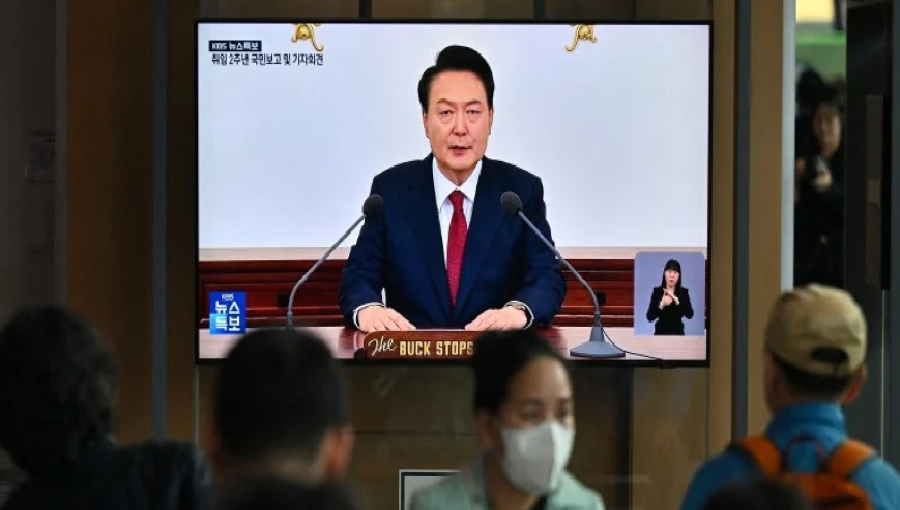


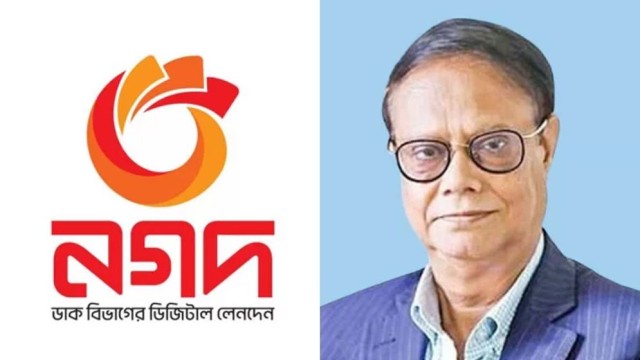
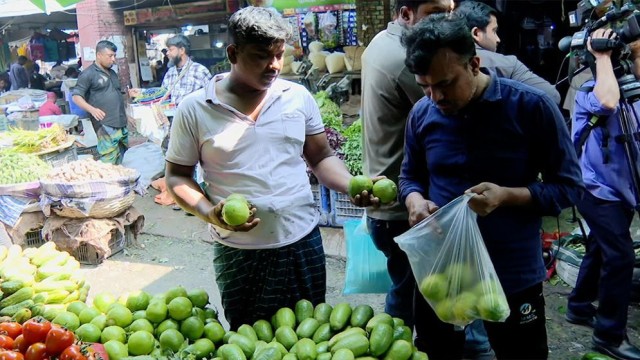
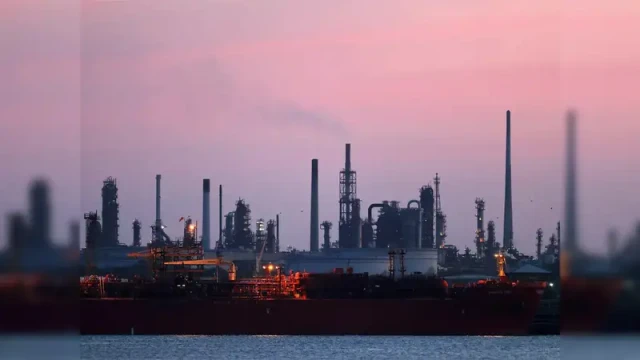
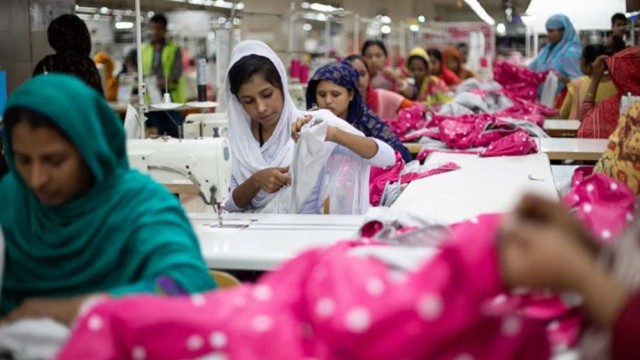


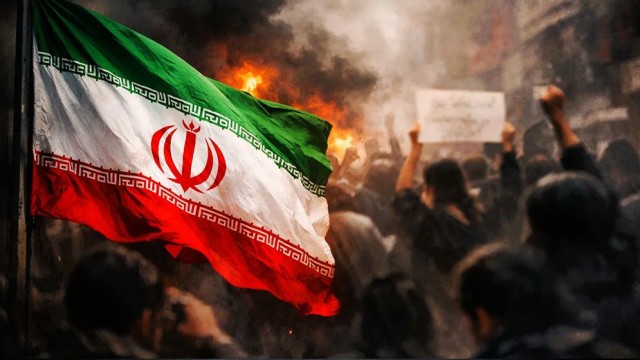
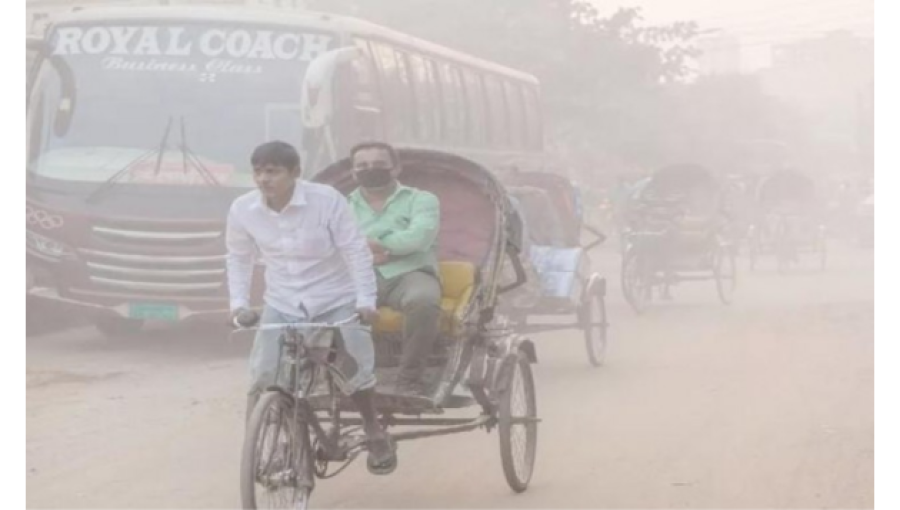
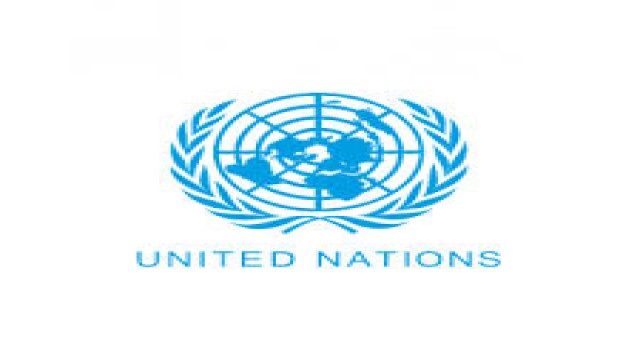
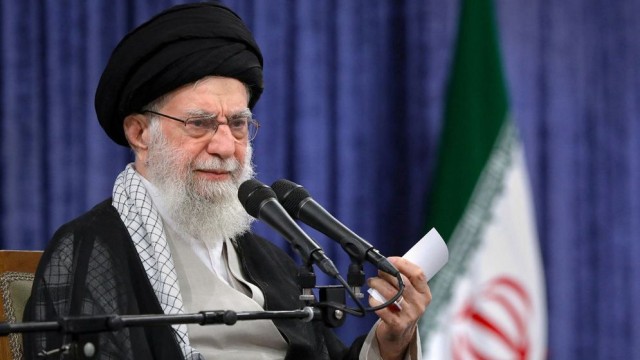

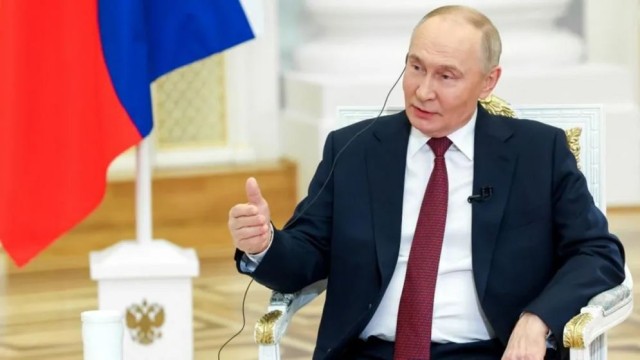
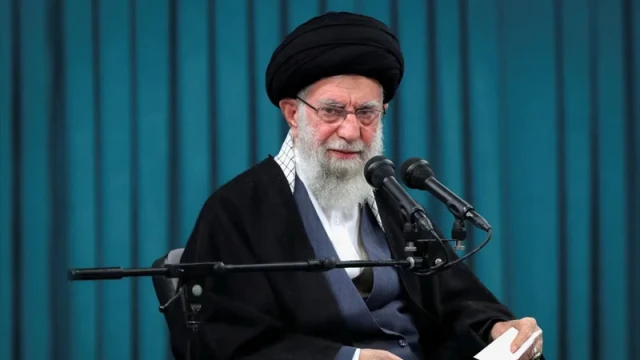
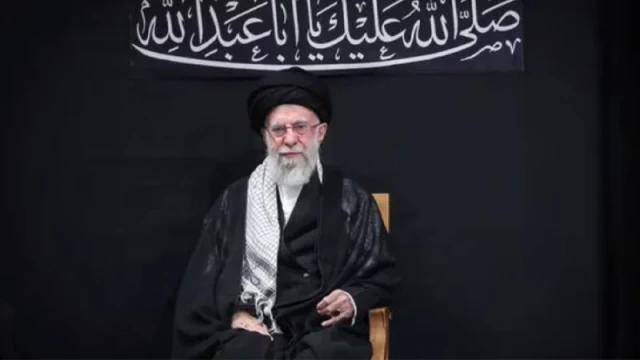










Comment: